The question dealing with Visual Studio optimizations saved me so much time firing it up and using it I have a hard time going back to Eclipse when I have to do J2EE development. Hence, I was also wondering if people have any tips or tricks to help speed Eclipse up in day to day use.
For information, I'm using the Eclipse version 3.4.1.
